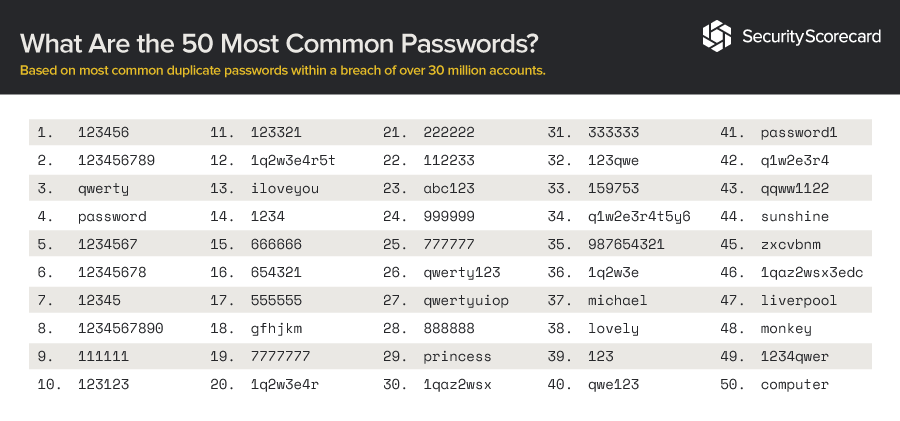What is Cybercrime
If you are a business and use the internet every day without protection then you will acquire some form of malware or computer virus. There are now more than 317 million new pieces that were created last year alone. Seeing as computer and internet technology is evolving, so is cybercrime and the method they use to exploit your business. We’ve made a list of the most common cybercrimes in today’s environment.
Ransomware
This is one of the most detrimental forms of malware-based attacks and it is a growing problem that affects businesses globally. Ransomware will enter your network and encrypt your files, then keep the encryption key so that your files are basically being held hostage until you give them what they want.
Phising and Spam
Spam is unwanted messages and emails that are sent via spambots that clutter your inbox Embedded in these emails is the method of phising which is where the information is used as bait so like lottery wins and prize drams. The aim of this I to get your data and money so if it sounds too good to be true then it usually is!
Identity Theft
Online identity theft has some of the most far-reaching and financial reputational implications. Normally this is the act of a person purporting to be another, but online identity theft will target businesses that have confidential data like credit card information, addresses and email information for financial gain.
Malvertising
This is a method where a user clicks on an online advertisement which then triggers a malicious code. Normally websites don’t know that this is happening as the cyber criminals show clean ads for a period of time before replacing them with encrypted ‘malverts.’
Botnets
A botnet or a zombie army is a network of compromised computers that are being controlled by remote attackers to forward spam or viruses, the owners of these computers have no idea that this is happening. Computers that are chosen to join the zombie army are those that have failed to provide effective firewalls and safeguards. These computers are then left open to a small trojan horse programme that will then access your network for future activation.














